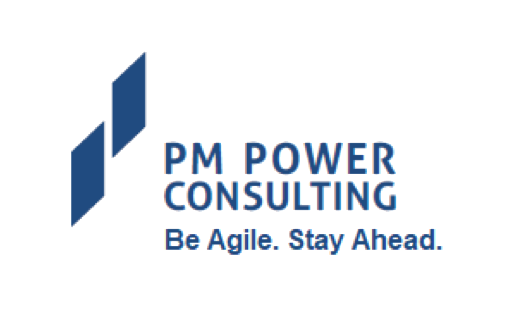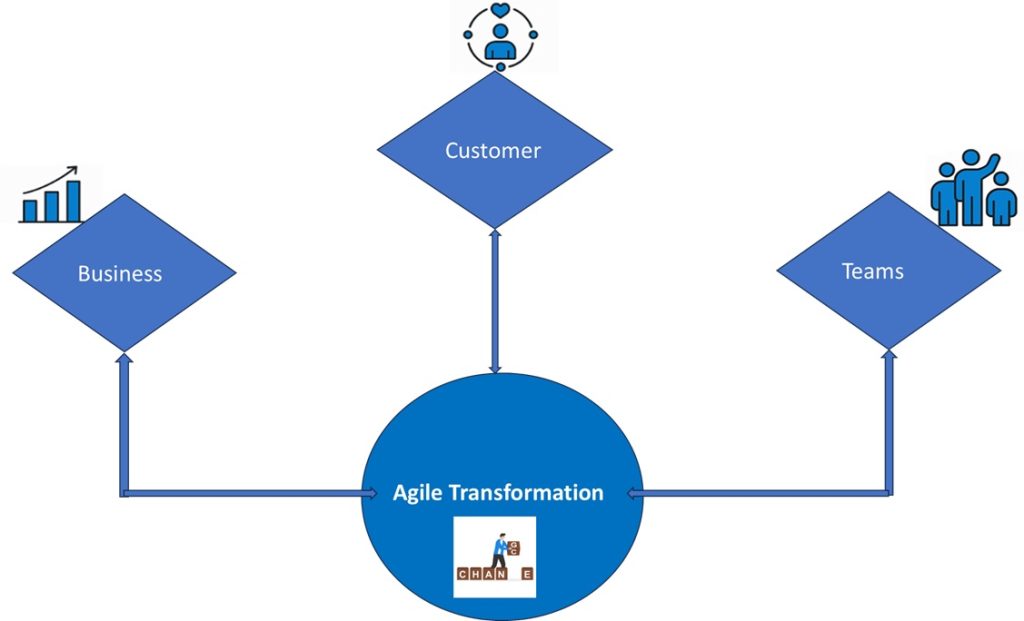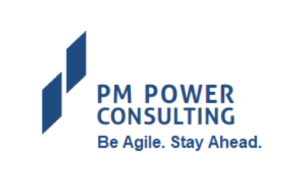All of us work on projects of different types, size and shape. So, when someone says there’s a risk that we cannot complete this story in the current sprint – we look for alternatives. Can we break that story into two smaller slices? We then include the slice that is more important and we can accomplish. If things go well, we will pull the other slice as well into this sprint, later. So, we know the scope is getting reduced if we hit the uncertainty or risk.
Take a situation, where only one person is well-skilled in handling the database layer. We all know that if this person were to be not available for a period of time, the rest of the project progress will be impacted. But we don’t know if it can happen or when it will happen or how long it will persist. What do we do? One alternative is to say get another person with the same skill – but then we don’t have enough work for two on a normal day. So, it’s not practical. We then look at alternatives like having full-stack engineers. It could definitely work, though this person may not be as proficient as the specialist database person. So, we live with the risk of some schedule and cost slippage.
What’s the change we are seeing in today’s Digital world?
Are we not seeing the above risks? Or is there anything wrong with the handling of the above risks? No, I don’t think any of these have vanished. These are what I call “Operational Risks”. We are able to understand and appreciate these risks. We have mastered the way we can handle them – either to pre-empt or act on it when we run into it. For a price (be it time or money), we will eventually deliver the project.
Today’s Digital projects bring with them another type of risk. What are these risks?
You have figured out something new that you can offer the market. An example of this is today’s autonomous car. How do you know what is the market for this in the near future? You can have all mathematical models to forecast, but in reality, there’s no data on which you can base this. You could run out of money before the market is ready to take off. So, the risk that you could not fathom has materialized, and you are dead.
On the other hand, based on the modelling you decide it’s not the time to take the plunge into this project. Two years down the line, you find that the market is growing way too rapidly and your competitor is enjoying his way to the bank. So, the opportunity that you could not fathom has materialized beyond what your model forecast, and you are now killed by your competitor.
In the long run, we are all dead. But now you could be dead in the short run!
This is what I call as “Entrepreneurial Risks”.
What is different in this type of risk – is that the impact of your decision is not quantifiable. (Those who have a love for maths, would appreciate why +/- infinity is not well defined!) How do you handle these?
The most important thing for handling “Entrepreneurial Risk” is your conviction and commitment. If you try to solve it the way, you handle the “Operational Risk” you are more than likely to fail.
How could we translate this conviction and commitment to action?
- First get on board people who understand this. So, you don’t spend time during the project figuring out and trying to contain the impact of the non-believers.
- Keep the fixed commitment small. Share the upside very liberally. Sweat equity, a share of the profits/ revenue could be the way to handle this. (Even vendors – getting paid on outcomes over output)
- When you have a team with a shared conviction, commitment, risk and benefit – the team will collaborate, keep their antennas up to sense the unknowns, learn and respond with agility.
Were these risks non-existent earlier, then? No, they were existing earlier too – but the complexity and speed have shifted an order of magnitude higher, as has the reward for those who succeed in this. When the Digital era matures, these risks will also morph into “Operational Risks”.
Till then, if you want to lead in the Digital Era, get ready to handle your “Entrepreneurial Risks” over your “Operational Risks”.
As always looking forward to hearing your perspectives.






One Response
Nice article Srini! Just to add to it. There is no room for non-believers in the entrepreneurial set-up. You just get key people on board who see the future vision of the product (and its rewards) as well as you do. For entrepreneurs, risk management is there every single working day and as you said, would be inherent in “operations”. For them, spending time with complete non-believers is wasteful and reduces their nimbleness to address entrepreneurial risks. However, they should not underestimate the time and effort needed to address “neutral” folks whose support is essential (investors, key technical staff etc.). So, is analog (continuous) risk management the need of the hour for the digital era? Rgds, ShivK.